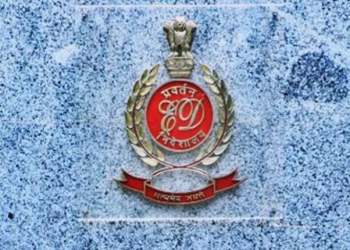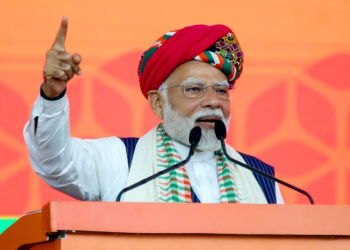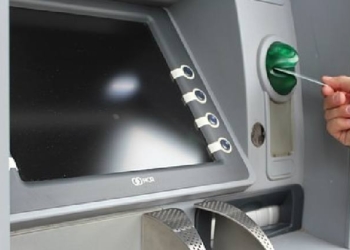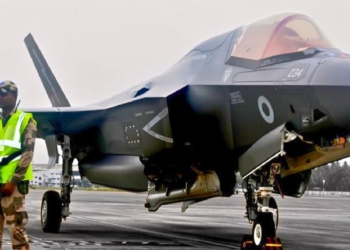Lucknow: A special court in Lucknow has convicted eight suspected ISIS operatives in a terror conspiracy case.
The convicts were also involved in an explosion onboard the Bhopal-Ujjain passenger train on March 7, 2017, which had left 10 people injured. The train explosion case is currently under trial.
The National Investigation Agency (NIA) on Saturday termed the conviction a “big shot in the arm” of the agency in its nationwide crackdown on members of the global terror group.
The quantum of punishment will be pronounced by the special NIA court on February 27.
The eight convicts are Mohammed Faisal, Gaus Mohd Khan, Azhar, Atif Muzaffar, Danish, Mir Hussain, Asif Iqbal Rocky and Mohammed Atif Irani who were arrested in 2017 in the “Kanpur conspiracy” case related to planning of terror acts.
The case was registered under IPC, Unlawful Activities (Prevention) Act, Arms Act and the Explosive Substances Act.
The NIA investigations had revealed that the accused had prepared and tested some IEDs and had unsuccessfully tried to plant them at various locations in the state.
The chargesheet was filed by NIA against the eight accused on August 31, 2017.
The NIA had earlier seized a notebook from their Haji Colony in Lucknow hideout. The handwritten notes were about potential targets and details about bomb making.
Investigations had also led to the discovery of several photographs of the accused making IEDs and even with weapons, ammunition and ISIS flag, the NIA said.
The group had reportedly collected illegal weapons, explosives from various places. One of the accused, Atif Muzaffar, had also disclosed that he had compiled information on techniques to fabricate IEDs after collecting materials from various internet sources.
Investigations revealed that Atif and three others, identified as Danish, Syed Meer Hasan and Saifulla, had been responsible for making the IED that was planted in the Bhopal-Ujjain passenger train.
The train explosion on March 7, 2017, had left 10 injured. The NIA said the accused were members of ISIS and had sworn ‘bayat’ (allegiance) to the Islamic State and its leader Abu Bakr al-Baghdadi.
Atif Muzaffar was the group’s leader and was influenced by the propaganda of Zakir Naik.
“All eight had come together to propagate ISIS ideology and promote its activities in India. In pursuit of this objective, Mohammad Faisal, Gaus Mohammad Khan, Atif Muzaffar, Danish, Saifulla had explored land routes. They had visited several key cities across the country, including Kolkata, Sundarbans, Srinagar, Amritsar, Wagah Border, Barmer, Jaisalmer, Mumbai, and Kozhikode. Gauss Mohammad Khan and Atif Muzaffar had, in fact, explored a route to cross over to Bangladesh via Sundarbans, according to the investigations. Faisal, Atif and Saifulla had also travelled to Kashmir in March 2016 in a bid to contact some terrorist groups that could help them to cross over to Pakistan, from where they could migrate to ISIS-controlled territories in Syria,” said a NIA official.
(IANS)













